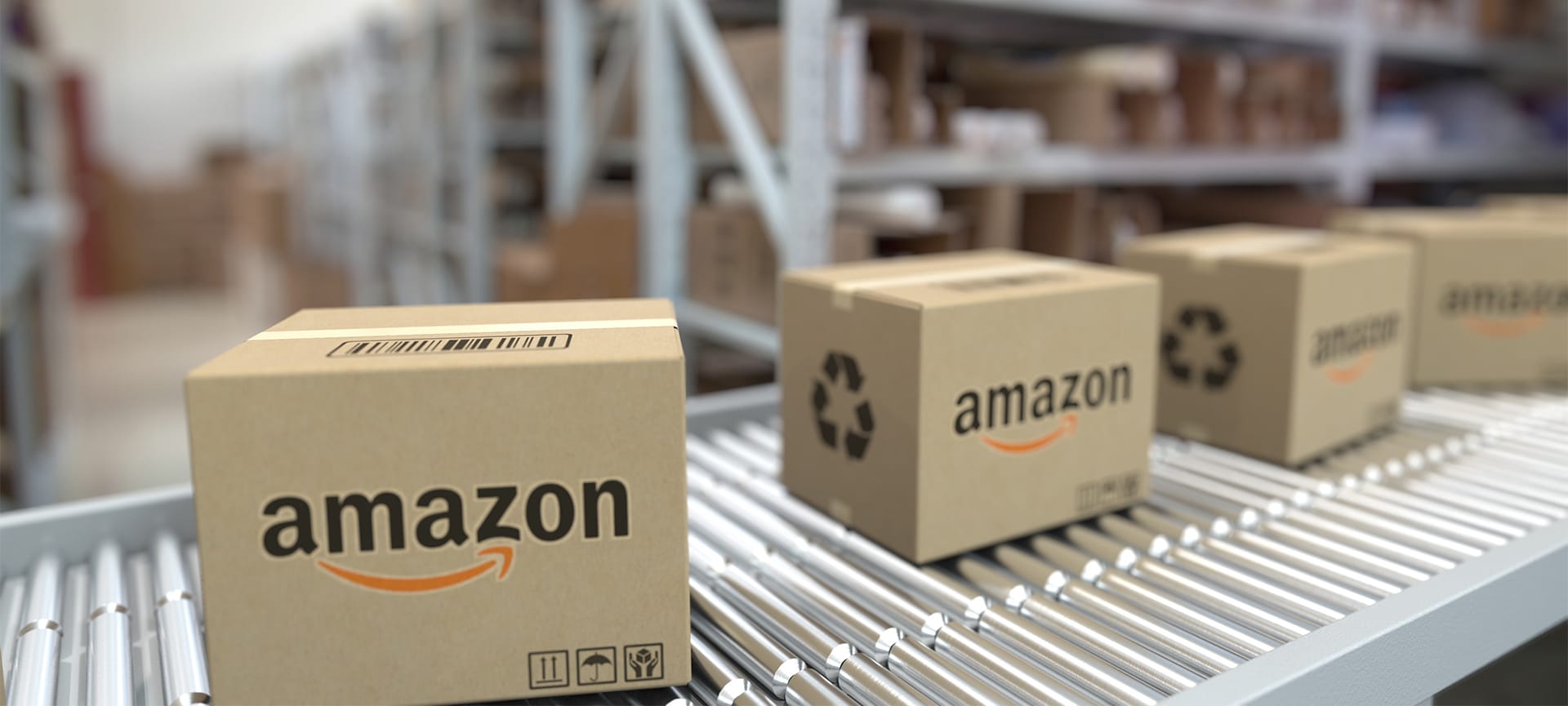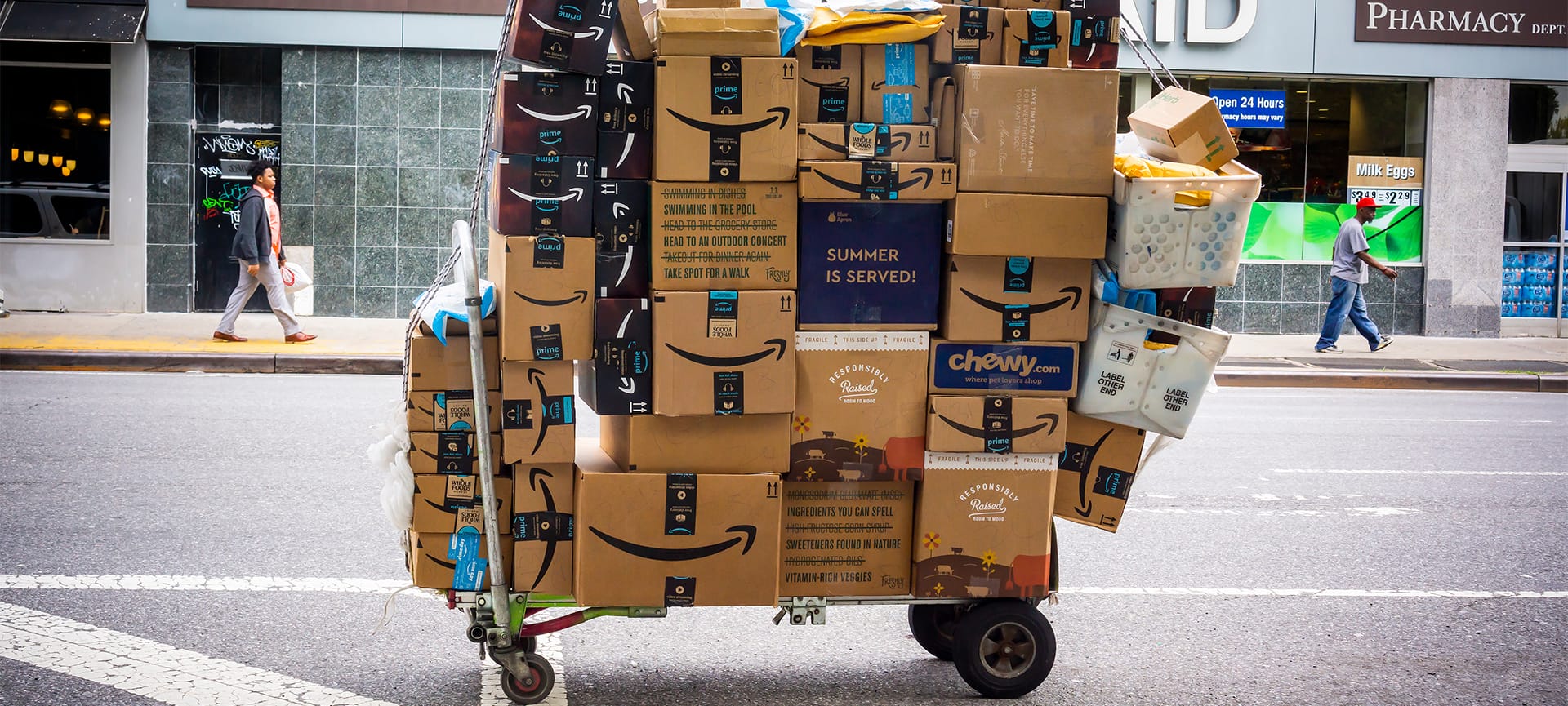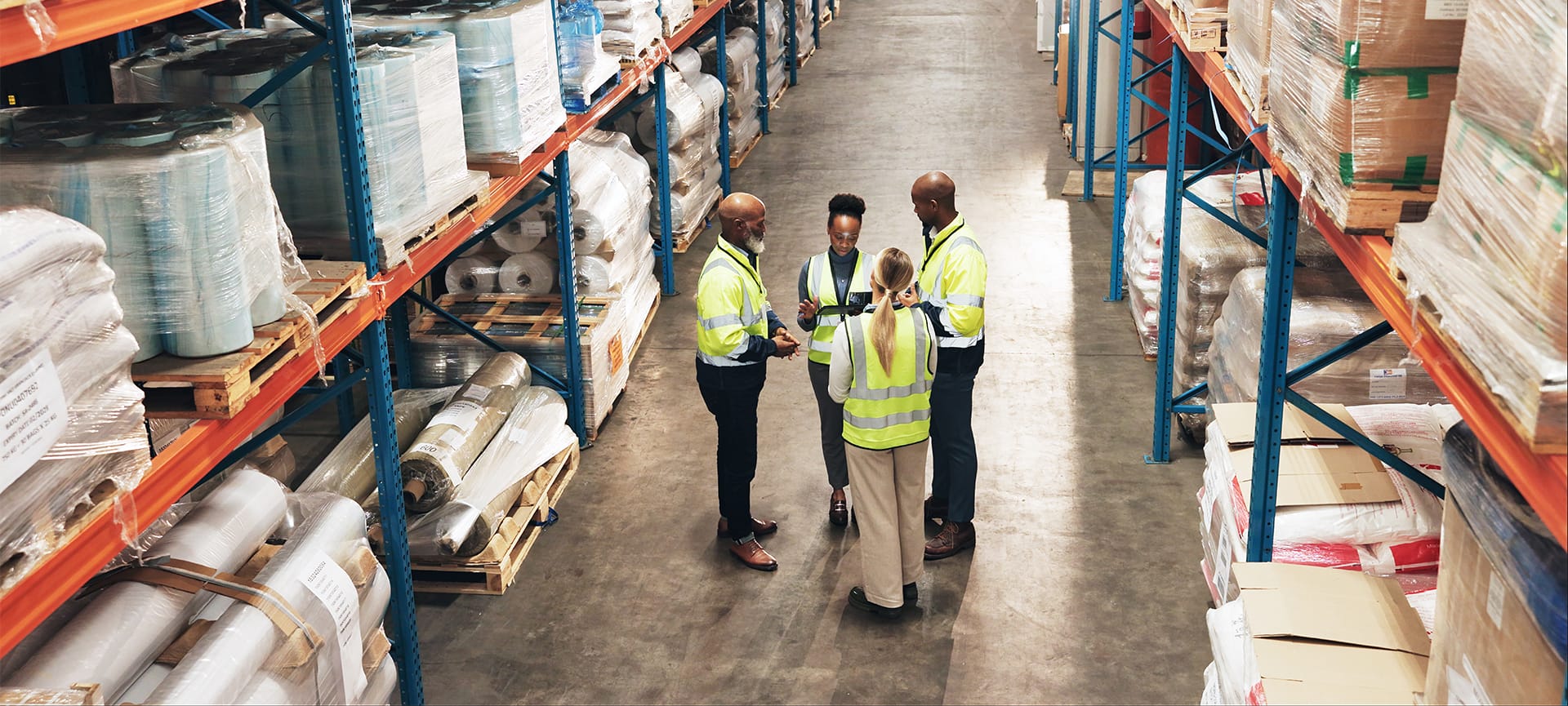In e-commerce, efficient order fulfillment is crucial for success. Customers expect quick delivery, accurate orders, and hassle-free returns. Choosing the right fulfillment method can significantly impact your operational costs, customer satisfaction, and ultimately, your bottom line.
This blog post will examine the details of Fulfillment by Amazon (FBA) and Fulfillment by Merchant (FBM), highlighting their respective advantages and disadvantages. By the end, you’ll have a clearer understanding of which method best aligns with your business needs and goals.
Amazon FBA: Fulfillment by Amazon
With FBA, you leverage the power of Amazon’s massive logistics network to streamline your order fulfillment.
How FBA Works
- Send your inventory: You ship your products to Amazon’s fulfillment centres. Amazon provides detailed instructions on product preparation and labelling to ensure smooth processing.
- Amazon takes over: Once your inventory is received, Amazon stores it securely in their warehouses. When a customer orders your product, Amazon employees pick, pack, and ship the order. They also handle customer service inquiries and returns.
Advantages of FBA
- Increased Sales: FBA products are eligible for Amazon Prime, giving you access to millions of Prime members who often filter their searches for Prime-eligible items. FBA listings also have a higher chance of winning the Buy Box, the prominent “Add to Cart” button on a product page, leading to increased visibility and sales.
- Reduced Operational Burden: FBA frees you from the day-to-day tasks of fulfillment. You don’t need to worry about warehousing, packing, shipping, or customer service, allowing you to focus on other aspects of your business, like product development and marketing.
- Improved Customer Satisfaction: Amazon is known for its fast shipping speeds and reliable customer service. Using FBA, you can offer your customers the same level of service they expect from Amazon, leading to increased customer satisfaction and positive reviews.
Disadvantages of FBA
- Cost: FBA comes with fees for storage, fulfillment, and long-term storage. These fees can eat into your profit margins, especially for larger or slower-moving items. It’s essential to calculate your potential FBA costs and factor them into your pricing strategy.
- Inventory Management: Managing inventory levels for FBA can be challenging. Sending too much inventory to Amazon can lead to high storage fees while sending too little can result in stockouts and missed sales opportunities.
- Less Control: With FBA, you have less control over your branding and packaging. You must adhere to Amazon’s packaging guidelines, and you can’t include personalized notes or marketing materials in your shipments.
Related Article: Amazon Prime International Shipping Costs: A Detailed Guide
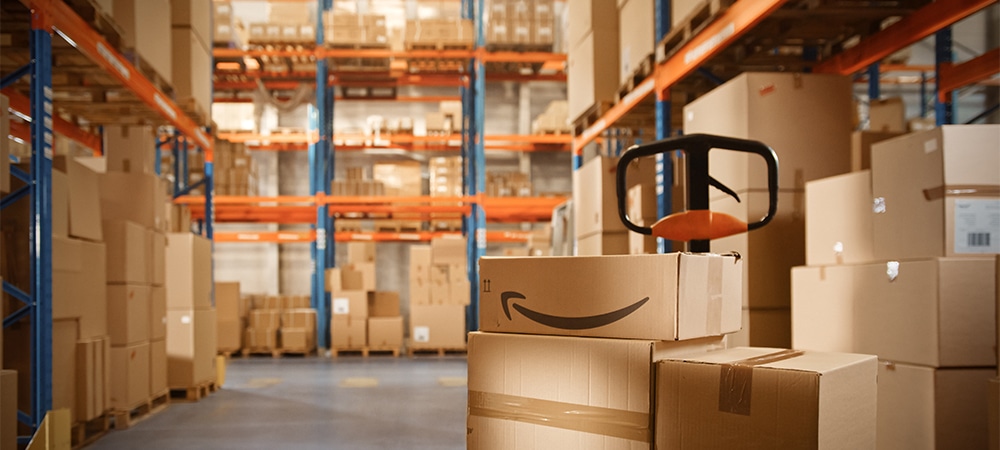
Amazon FBM: Fulfillment by Merchant
FBM gives you complete control over your fulfillment process, from storage to shipping.
How FBM Works
- You manage inventory: You are responsible for storing your products, whether in your own warehouse, a rented space, or your home.
- You handle orders: When a customer places an order, you receive the order information and are responsible for picking, packing, and shipping the product.
- Shipping options: You can choose to handle shipping yourself, negotiate rates with carriers like Canada Post, FedEx, or UPS, or you can partner with a third-party logistics provider (3PL) to handle these tasks. 3PLs offer various services, including warehousing, picking and packing, and shipping.
Advantages of FBM
- Cost Control: FBM can be more cost-effective than FBA, especially for larger, heavier, or slower-moving items that incur higher storage fees with Amazon. You have the flexibility to negotiate shipping rates and optimize your packaging to minimize costs.
- Greater Control: FBM gives you complete control over your branding and customer experience. You can use custom packaging, include personalized notes or inserts, and tailor the unboxing experience to your brand.
- Flexibility: FBM offers greater flexibility to adapt to your specific business needs and product types. You can easily adjust your fulfillment process to accommodate seasonal demands, special promotions, or unique product requirements.
Disadvantages of FBM
- Increased Operational Burden: FBM requires more time and effort to manage. You are responsible for all aspects of fulfillment, which can be demanding, especially during peak seasons.
- Shipping Challenges: Negotiating shipping rates with carriers and ensuring timely delivery can be complex. You need to stay informed about shipping regulations and manage potential shipping delays or issues.
- Customer Service: You are responsible for handling all customer inquiries and returns. This includes responding to questions, resolving shipping problems, and processing returns, which can be time-consuming.
Related Article: Is Amazon Shipping to Canada
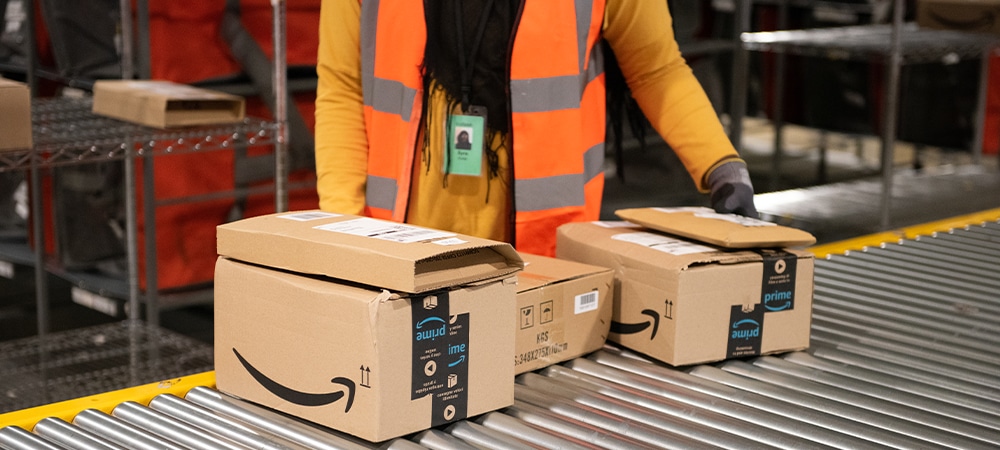
Choosing the Right Fulfillment Method
Selecting the optimal fulfillment method for your business requires careful consideration of several factors. There’s no one-size-fits-all solution; the best choice depends on your unique circumstances and priorities.
Factors to Consider
● Product type and size:
- Small and light: These products are generally cost-effective to ship and store, making them suitable for both FBA and FBM.
- Large or heavy: FBA fees can be high for these items, making FBM potentially more economical, especially if you can secure competitive shipping rates.
- Fragile: If your products require special handling, FBM allows for greater control over packaging and shipping to minimize damage.
- Hazardous materials: These products may have restrictions for FBA, making FBM or specialized fulfillment services necessary.
Related Article: The Role of Packaging in Reducing Shipping Costs Across Canada: Practical Tips for Businesses
● Sales volume and inventory turnover:
- High sales volume: FBA can handle high order volumes efficiently, reducing the risk of delays and ensuring quick delivery.
- Low sales volume: FBM might be more cost-effective as you avoid ongoing storage fees associated with FBA.
- High inventory turnover: Products that sell quickly are well-suited for FBA, as you minimize storage costs.
- Low inventory turnover: FBM might be preferable for slow-moving items to avoid long-term storage fees with FBA.
● Profit margins:
- High-margin products: FBA fees may have a less significant impact on profitability, making it a viable option.
- Low-margin products: Carefully analyze FBA fees to ensure they don’t erode your profits. FBM might offer better cost control.
● Business goals and resources:
- Rapid growth: FBA can support rapid scaling by handling increased order volumes and providing access to Prime customers.
- Brand building: FBM allows for greater customization and branding control, which is essential for building a strong brand identity.
- Available resources: FBM requires more time, labor, and potentially warehouse space. Consider your existing resources and capacity.
Hybrid Approach
Many businesses opt for a hybrid approach, using both FBA and FBM to fulfill different products or meet specific needs. For example, you could use FBA for your best-selling products to maximize sales and leverage Prime benefits while using FBM for larger or slower-moving items to maintain cost control. This flexible strategy allows you to combine the advantages of both methods.
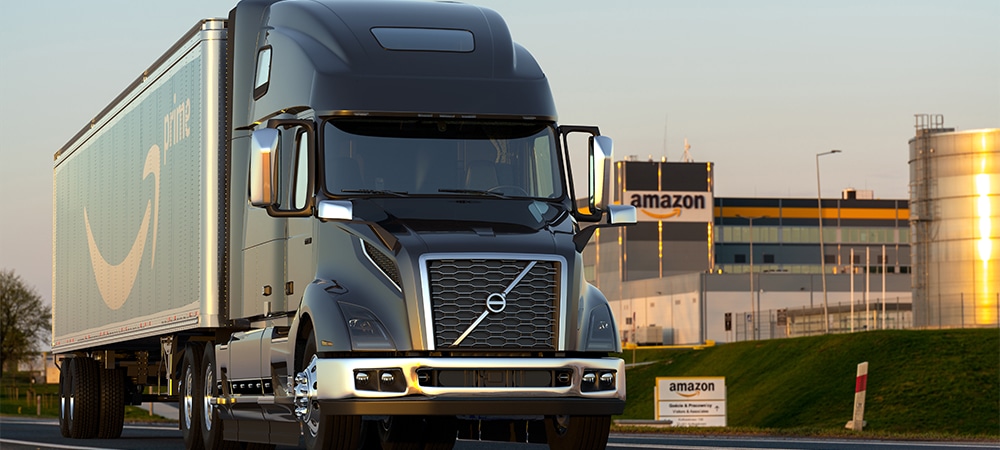
RoadLINX: Your Partner in FBM Success
While FBA offers convenience, FBM provides greater control and potential cost savings, especially when you have the right logistics partner. This is where RoadLINX comes in.
RoadLINX’s Expertise
RoadLINX is a leading freight and container shipping company with over 20 years of experience providing comprehensive transportation solutions across Canada and into the U.S. We offer a wide range of services tailored to the needs of e-commerce businesses using FBM, including:
- Less Than Truckload (LTL) shipping: Cost-effective transportation for smaller shipments.
- Full Truckload (FTL) shipping: Efficient solutions for large-volume shipments.
- Warehousing and distribution: Secure and strategically located warehousing facilities to store your inventory.
- Refrigerated transport: Specialized transport for temperature-sensitive products.
- Flatbed services: Transportation for oversized or uniquely shaped items.
With our extensive network, advanced tracking technology, and dedicated team of logistics experts, RoadLINX can help you streamline your FBM operations and optimize your supply chain.
Making the Right Fulfillment Choice for Your Business
In the dynamic world of e-commerce, efficient order fulfillment is essential for success. Amazon offers two distinct paths: FBA and FBM.
FBA leverages Amazon’s robust fulfillment network, offering convenience and access to Prime benefits, but at a cost. FBM provides greater control, potential cost savings, and branding flexibility, but requires more hands-on management and logistical expertise.
The best fulfillment method depends on your unique business needs, product characteristics, sales volume, and profit margins. If you’re leaning towards FBM or considering a hybrid approach, RoadLINX is your trusted partner in navigating the complexities of fulfillment. Our comprehensive transportation and logistics solutions can help you optimize your supply chain, reduce costs, and enhance customer satisfaction.
Ready to streamline your FBM operations? Contact RoadLINX today for a free consultation. Let us help you tailor a fulfillment strategy that drives your business growth.

